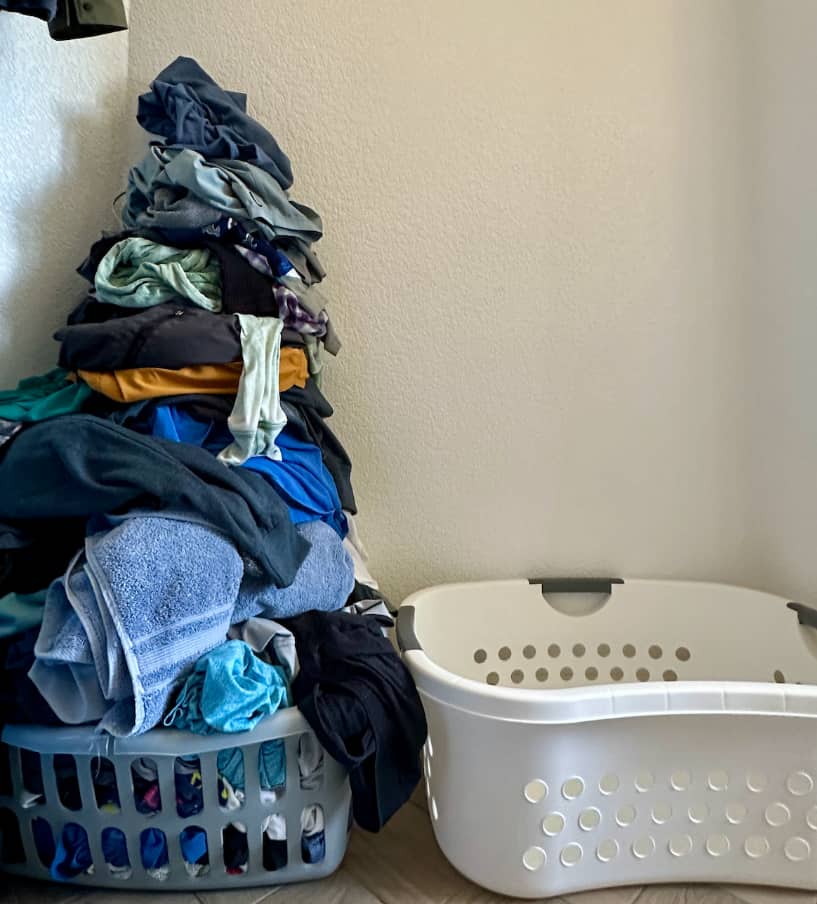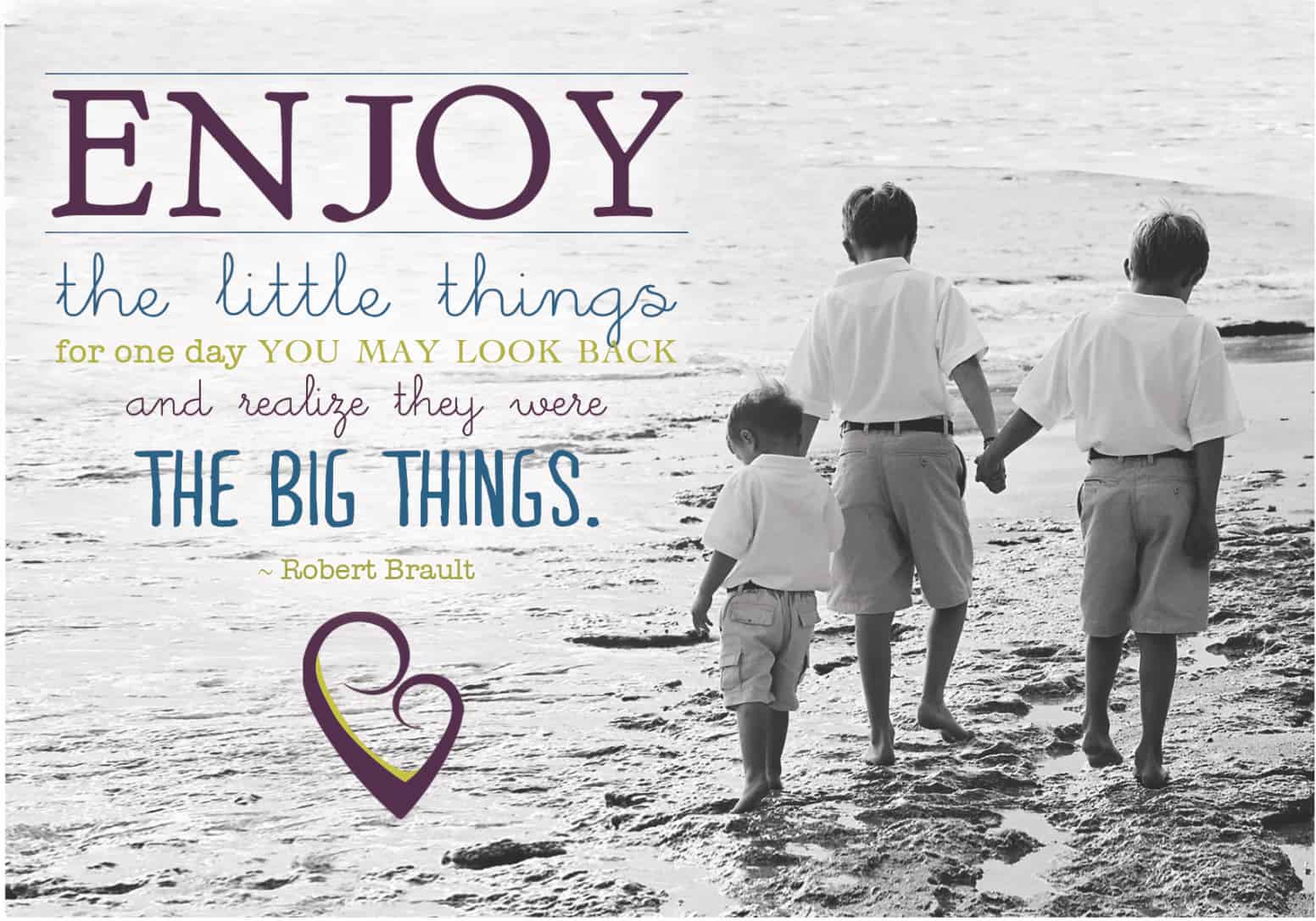Bless my kids and their cranky days.
If my 3 boys were perfect and delightful all the time, I’d have no credibility as a parenting instructor. Lucky for me, I don’t have that problem!
Just the other morning, I was tempted to yell. I came right to the brink when two of them were participating in their well-loved sport that I call “Combat Brothering.” I was so annoyed.
It started with little snide comments….under the breath criticisms about how the other breathes or chews or feeds the dog or blows his nose. Then it ramped up to yelling and tattling. That day’s round involved throwing gumdrops at each other and leaving them wherever they fell, mostly on the carpet where I almost smashed one into my newly cleaned rug. Irritating. After screaming at me about his spelling words, one son got himself sent to his room to “get sweet.” He came back down too soon, still slinging word-darts at me. By this time, I was fed up. I felt the irritation rising. I know my pattern and I could tell I was on the road to yelling at my kid.
I knew that I had to head this off then and there, before I raised my voice and sentenced myself to a day of mommy-guilt. I remembered my friend’s technique for getting kids to cool down and I told one son to go run around the block. Ya, right. He said, “You come with me!” I looked down and saw that I still had on running shoes and workout clothes, so I said, “Fine!”
As we both ran outside on a beautiful spring morning, I realized something: If we parents want to stop yelling at our kids, the most important thing to focus on is preventing the escalation. When we’re not yet at “the edge,” our brain functions better and is more resourceful. When we are calm we can remember to use the parenting strategies we already know. But once we reach that explosive point, it’s really, really hard to rein it in, kind of like the BP oil spill. Once the pressure got to a certain point, there was no stopping it until it had spread sludge everywhere and coated everything with muck. Isn’t our parental yelling pretty much the same?
It takes a lot of work for some of us to stop yelling. One technique that can help is going “brain dead” (a Love and Logic™ idea) when our kids argue and yell. The trick is to keep ourselves from getting engaged in the fight. After all, as Hal Runkel says in Screamfree Parenting, “parenting is about parents, not kids.”












